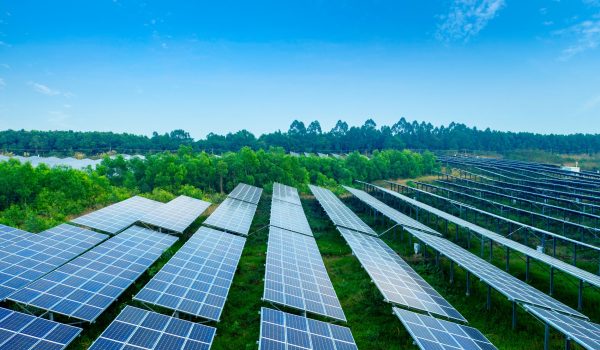Slow transition to a circular economy in the EU
Resource efficiency has been on the EU’s political agenda for more than a decade. The circular economy action plans are part of the European Commission’s strategies for the circular economy. In 2015, the Commission published its first circular economy action plan. This included measures to monitor, among other things, the EU’s transition to a circular economy. In 2020, the Commission released a new action plan in response to the European Green Deal. This action plan builds on the previous one and has the ambition to double the share of recycled material in the EU and put it back into the economy by 2030.
On a positive note, since the publication of the first action plan, Member State governments’ activities in the field of the circular economy have increased. However, the pace of progress remains slow. The EU’s ambition to double the share of materials recycled and returned to the economy by 2030 appears to be a major challenge. This is evident from this audit by the European Court of Auditors of the Commission in boosting a circular economy.
In the period 2014-2020, the EU has allocated more than €10 billion for the transition to a circular economy. EU funds were available and there was general support for a circular economy. Despite this, the Commission and Member States have not been able to use the funding effectively. This could have been done, for example, by investing in circular design of products and production processes.
EU funding was largely used for waste management, which offers fewer opportunities to reduce environmental impact. An attempt has been made in the 2021-2027 programming to remedy this by placing greater emphasis on the circular economy. However, Member States can still choose to spend a significant part of EU funding on waste management rather than waste prevention through circular design.
Other relevant publications
The role of extended producer pesponsibility (EPR) in the energy transition
Analysis of the implementation of EPR for batteries in electric vehicles, solar panels, and wind turbines
Report collection for reuse at recycling centers
This report analyzes pilot projects in the municipalities of Amersfoort and Zwolle aimed at promoting the reuse of electrical appliances through recycling centers.
Program of requirements for circular climate installations
The program of requirements for circular climate installations has been developed for housing associations and their partners to reduce the environmental impact of building-related installations.







